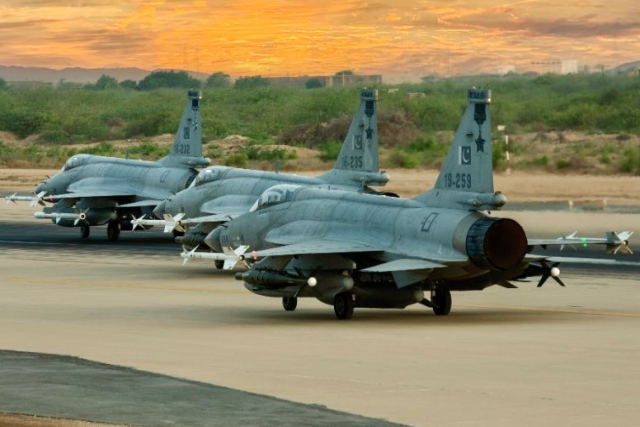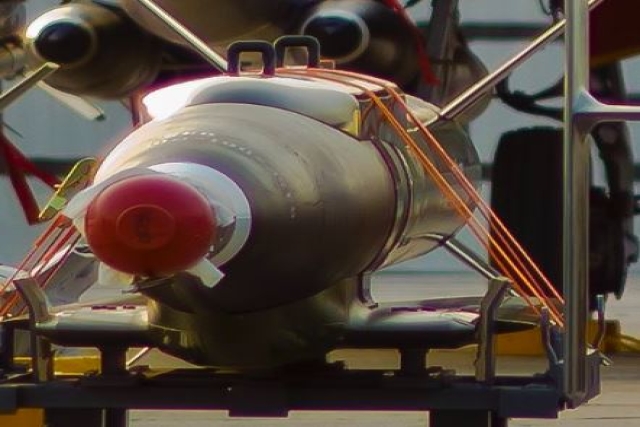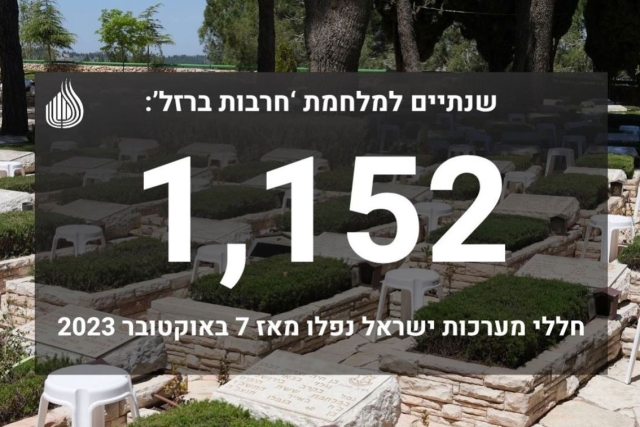Pakistani JF-17s, Wing Loong Drones Bomb “Terrorist” Targets in Iran
Earlier this week, Iran targeted bases of Jaish al-Adl in Pakistan's Balochistan province

The Pakistani Armed Forces executed precision military strikes in Iran's Sistan-o-Baluchistan province early Thursday morning.
The operation, codenamed "Marg Bar Sarmachar" (Death to Outlaws), targeted alleged terrorist hideouts and comes just days after Iran's missile and drone strikes on supposed terrorist targets within Pakistan's Balochistan province.
According to the Pakistan-based OSINT source, The STRATCOM Bureau, weapon systems employed by Pakistan included JF-17 Thunders armed with REK standoff precision-guided munitions, Wing Loong II drones equipped with precision-guided munitions, F-16s deploying precision-guided bombs, A-100 MLRS artillery rockets, and ground-launched loitering munitions. J-10C fighters provided air cover and electronic warfare support during the operation.
The primary strike package used by Pakistan against Iran in today’s airstrikes consisted of JF-17 Thunder fighter jets from the No. 2 ‘Minhasians’ Multirole Squadron, assigned to the PAF Base Masroor (Karachi), 39th Tactical Wing of the Southern Air Command PAF. The primary Precision Guided Munition (PGM) used by Pakistan against targets in Iran was the GIDS B-REK (Boosted Range Extension Kit), a rocket-boosted glide bomb precision guided weapon with a range of 170km.
In March 2017, Pakistan integrated the JF-17 with the Range Extension Kit (REK), a stand-off range air-to-surface weapon produced by Global Industrial & Defence Solutions (GIDS). The REK converts MK-80-series general-purpose bombs into GPS/INS-guided bombs, with a range of 50-60 km and an accuracy of less than 20 meters CEP. Similar to U.S. JDAM-ER and Turkish KGK, the JF-17s of the Pakistan Air Force use the GIDS REK to target fixed installations at long range, even in adverse weather conditions.
Pakistan's Foreign Ministry justified the strikes, citing credible intelligence of impending large-scale terrorist activities by groups referred to as "Sarmachars." Islamabad expressed long-standing concerns about safe havens for Pakistani-origin terrorists inside Iran and claimed to have shared multiple dossiers with concrete evidence of their presence.

While the Pakistani Foreign Ministry claimed the operation resulted in the elimination of a number of terrorists, Iranian media reported civilian casualties, including four children. The strikes were labeled a manifestation of Pakistan's unwavering commitment to its national security. Islamabad emphasized its respect for Iran's sovereignty and territorial integrity, characterizing Iran as a "brotherly country."
The cycle of hostilities began when Iran targeted bases of the Balochi militant group Jaish al-Adl in Pakistan's Balochistan province earlier in the week. Pakistan condemned Iran's violation of its airspace, warning of "serious consequences" and recalling its ambassador from Iran. The United States condemned Iran's actions, urging a peaceful resolution to the conflict.
China, a key ally to both nations, called for restraint, urging Pakistan and Iran to avoid actions escalating tensions and work together for regional stability.
The international community, including India, emphasized the need for a peaceful resolution between Iran and Pakistan, framing the conflict as a bilateral matter. Former Pakistani Prime Minister Imran Khan's party expressed concern about the deteriorating relations with Iran, while former Prime Minister Shehbaz Sharif criticized the attack as undermining the historic relationship between the two countries.









